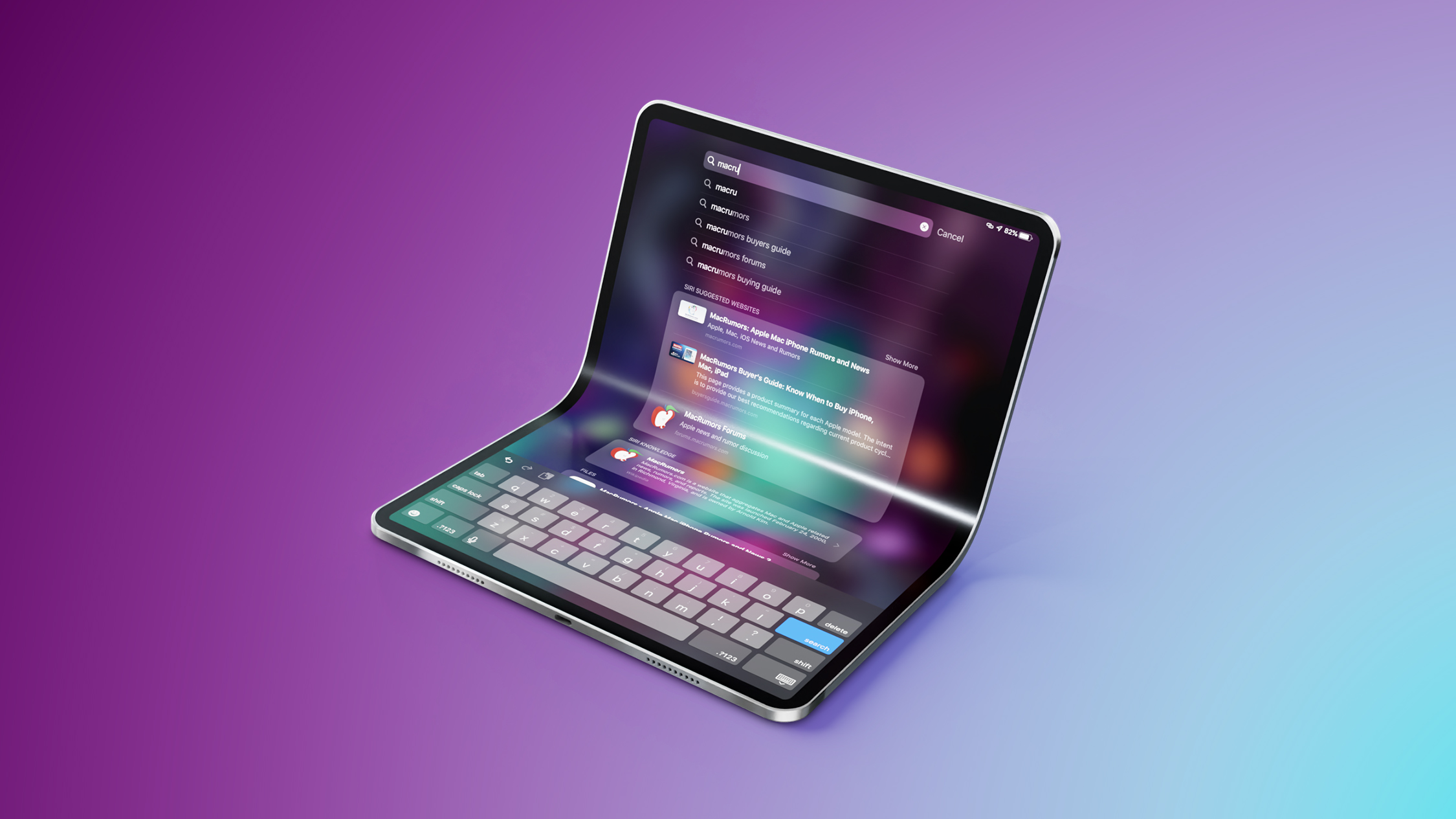|
 Apple is well into development on the foldable iPhone, but it has decided to pause work on a larger-screened foldable iPad, reports Digitimes. Apple is well into development on the foldable iPhone, but it has decided to pause work on a larger-screened foldable iPad, reports Digitimes.
|
|
In a select number of states, you can add your driver's license or ID to Apple Wallet on your iPhone. For most people, it's easy, but there will be some hidden catches for others.
|
|
Commentary: I made my iPhone a little bit dumber by turning off this button. It's made my life much better.
|
|
